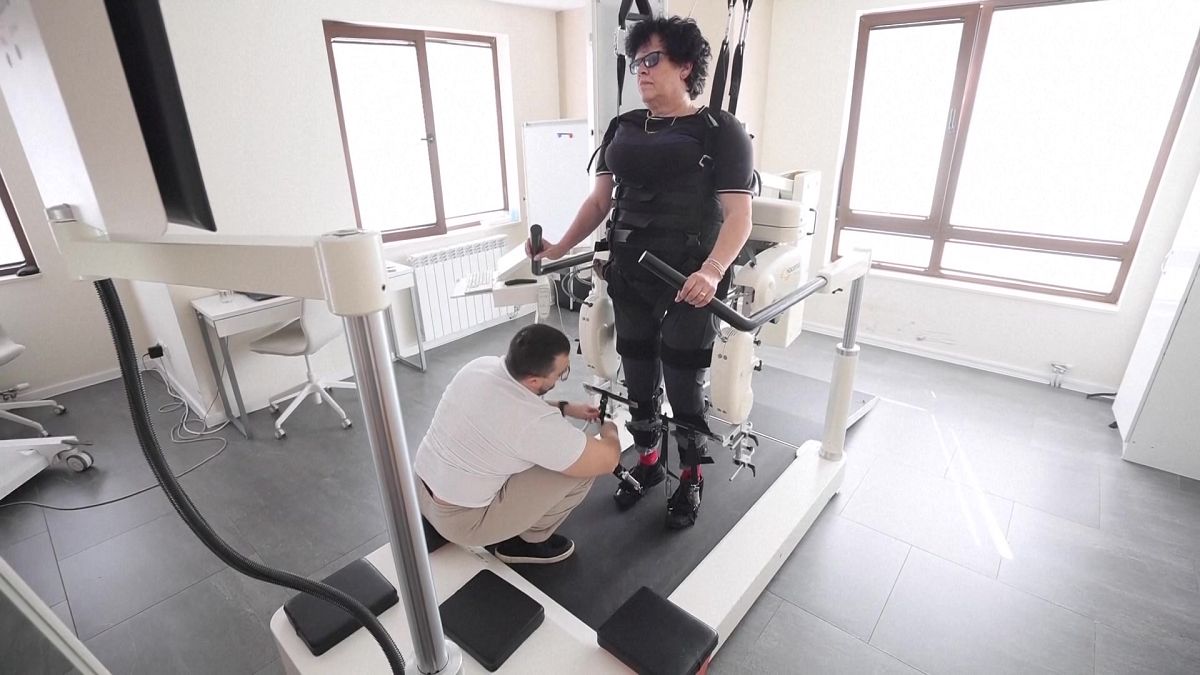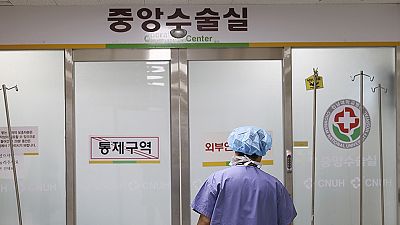Researchers warn the cost to health systems around the world will be severe if more is not done to prevent and treat these diseases.
Scientists say stroke, diabetic nerve damage, and dementia are making neurological diseases the biggest cause of ill health globally.
According to a recent study published in the journal Lancet Neurology, researchers from the University of Washington in the US and their international collaborators say neurological conditions now affect 3.4 billion people worldwide.
The global counts for total nervous system health loss have increased by 18.2 per cent from 375 million in 1990 to 443 million disability-adjusted life years (DALYs) in 2021.
DALYs are a measure of overall disease burden commonly used in global health research. One DALY represents the loss of the equivalent of one year of full health.
The study stated 10 conditions that accounted for the greatest nervous system DALYs in 2021: stroke, neonatal encephalopathy, migraine, Alzheimer's disease and other dementias, diabetic neuropathy, meningitis, epilepsy, neurological complications due to preterm birth, autism spectrum disorder, and nervous system cancer.
Strokes were the greatest contributor globally.
Experts say promoting lifestyle changes to help prevent these diseases is crucial given limited resources for health care and a lack of cures for many neurological conditions.
Professor Michael Hanna, the director of the Institute of Neurology at University College London, agrees.
“Cholesterol levels in particular would be important, blood pressure, high blood pressure in particular is a risk factor for stroke, as is diabetes and obesity is in turn a risk factor for diabetes, for high blood pressure, for links to high cholesterol so there’s a very clear pathway where preventative strategies and screening of the population for these risk factors and taking steps to address the obesity pandemic are opportunities really,” he said.
Bulgaria, the stroke capital of Europe
Bulgaria has long seen one of the highest numbers of strokes in Europe, with around 150 deaths due to stroke per 100,000 inhabitants in 2015, according to a report from Stroke Alliance for Europe.
But not enough is done for prevention, local doctors say.
"Bulgaria is really in one of the leading places in Europe, perhaps in the world, in terms of stroke incidence. This has been the case for a long time, it's not new. The reasons for this are probably complex. I have tried to analyse them,” said Professor Ivan Milanov, the managing director of the St Naum Neurological Hospital in the Bulgarian capital, Sofia.
"A very small number of Bulgarians carry out real prevention, which can protect them from a stroke. This is control of blood pressure and some other factors related to the possibility of getting a stroke. This in Bulgaria, I think, is quite neglected," Milanov added.
Bulgarian Rossitsa Vassileva suffered a stroke in December 2023 which left the 56-year-old accountant unable to walk or move the right side of her body.
Vassileva was using a wheelchair until she started treatment at the ReGo Rehabilitation Centre facility in Sofia.
"At first we came in a wheelchair with a lot of difficulty getting up, difficult verticalisation for two months of treatment here," said her husband, Atanas Vassilev.
"Thanks to the staff and the efforts my wife made, they got her back on her feet, got her moving. Machines have further developed this process because these things turn out to be interconnected".
The ReGo Rehabilitation Centre is Bulgaria's first centre for robotic rehabilitation in combination with conventional rehabilitation for children and adults.
It says it’s not just treating Bulgarians, but patients from neighbouring Balkan countries.
Burden of stroke
The study published in the Lancet journal also measured DALY rates in 204 countries and territories, using World Health Organization (WHO) figures from 2021.
Countries in central and western sub-Saharan Africa had the highest burden with around 8,190.6 and 7,967.5 DALYs respectively per 100,000 people, due to neurological conditions caused by infections and birth-related complications.
Australia and high-income Asia Pacific countries had the lowest burden with around 2,882.6 and 2,984.6 DALYs respectively per 100,000 inhabitants.
Researchers warn the cost to health systems around the world will be severe if more is not done to prevent and treat these diseases.
"This is a very comprehensive study and it just shows that the burden of neurological disease is very substantial globally," said Hanna.
"I think it just speaks to the importance of preventative strategies for things like stroke, but also in the area of dementia and neurodegeneration, more investment in research to deeply understand these conditions and develop strategies to treat and prevent them is a real important priority for healthcare systems everywhere," he added.
For more on this story, watch the video in the media player above.



